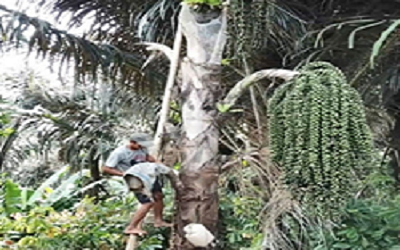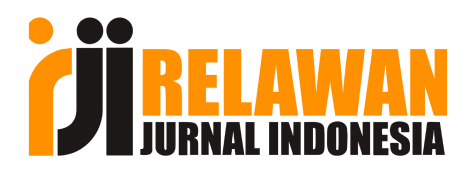Palm sugar trade practice in sharia economy perspective: A case of Muara Sipongi district
Abstract
This study aims to determine the practice of buying and selling palm sugar in Muara Sipongi District, Mandailing Natal Regency. This study used the descriptive qualitative method. The results of this study can be concluded that the sale and purchase of palm sugar carried out in Ranjo Batu Village, Muara Sipongi District, Mandailing Natal Regency is quite good because the implementation of the sale and purchase of palm sugar is quite following the pillars and legal terms of buying and selling in the aspect of Islamic law, and can be said to be legal too because the object of goods being traded is the shape of the substance and also the size. At the time of the transaction, the goods being traded are tangible, and the buyer sees the object of the goods directly. However, sellers and buyers still need to fully know that what has been carried out so far conforms with the principles of Islamic Economics.
Public interest statement
This case study provides insight for sellers and buyers to understand Islamic principles in daily trading activities, particularly in the agricultural sector in Indonesia.

Copyright (c) 2023 Rohimah Rohimah, Daharmi Astuti

This work is licensed under a Creative Commons Attribution-ShareAlike 4.0 International License.







